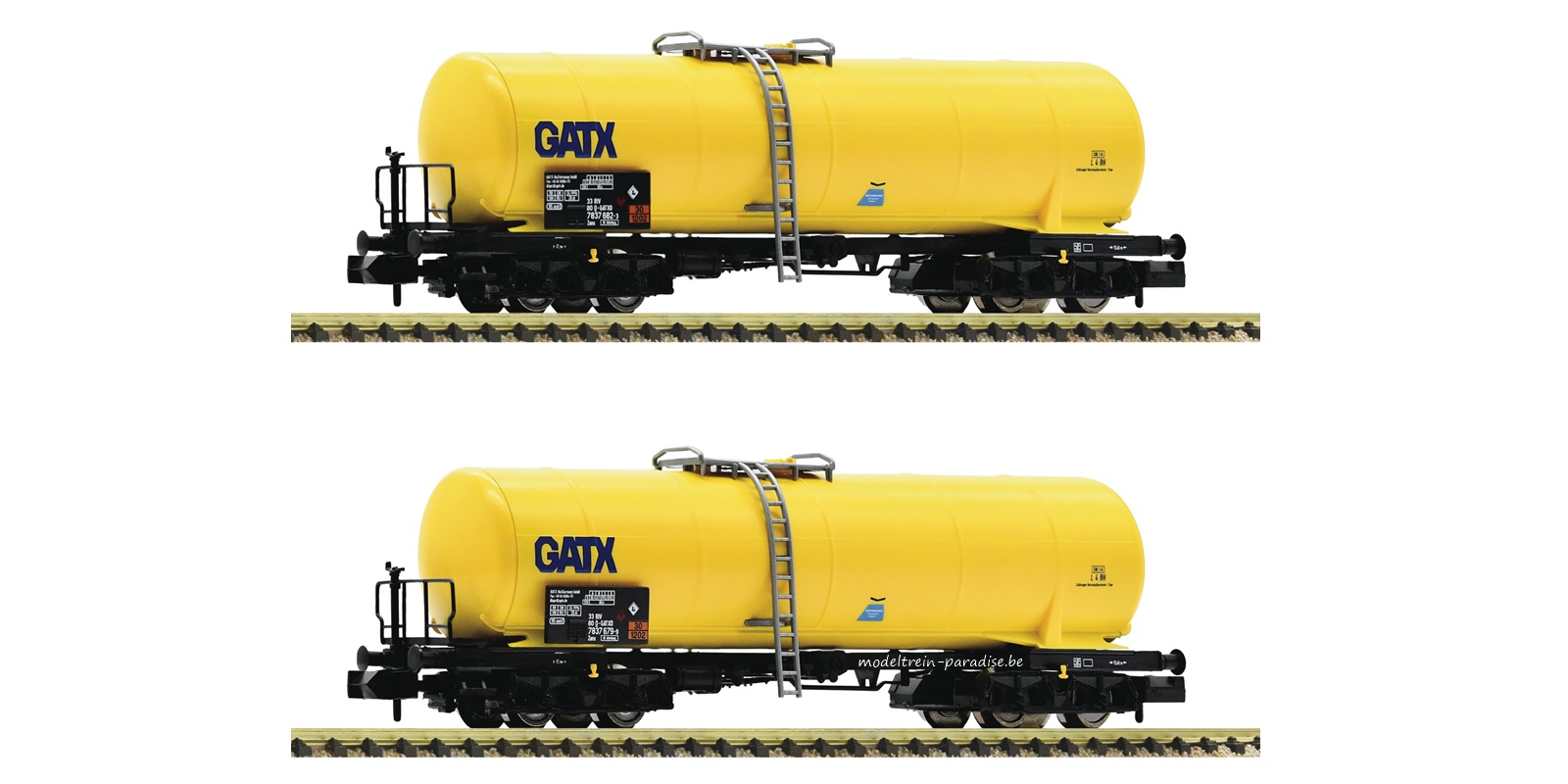Now in your cart 0 items
Categorieën
- . OPRUIMING ... OP= OP
- . Speciale koopjes
- .N-schaal ... 1/160
- B-Models
- Boeken, catalogen
- Mini figuren 1/87
- Artitec
- Auhagen
-
Auto's 1/87
- Belgische auto's
- AWM
-
Brekina
- .Brekina Trucks
- Andere merken
- Autobussen
- Nieuw
- Vrachtwagens
- Alfa Romeo
- Austin
- Barkas
- Citroën
- Daf
- Fiat
- Ford
- Lada
- Mercedes
- Opel
- Peugeot
- Porsche
- Renault
- Rover
- Saab
- Skoda
- Volkswagen
- Volvo
- Wartburg
- Fiat ... bestelwagens
- Ford ... bestelwagens
- Hanomag-Henschel
- Mercedes ... bestelwagens
- Opel ... bestelwagens
- VW ... bestelwagens
- Busch .... Auto's
- Herpa
- Les classiques
- Rietze
- Schuco
- Belgische loc's en rijtuigen!
- Brawa
- Busch .... Scenery
- ESU
- Exact-trains
- Faller
- Fleischmann
- Hack bruggen
- Hag
- Herpa Wings
- Jouef ... Rivarossi ... Lima
- Kibri
- Liliput
- Lineas loc's ... Märklin, Trix
- LOEWE toebehoren
- LS Models
- Märklin
- Models World
-
NOCH
- Figuren en versieringen
- Nieuw ... 2021 .. Pre-order
- 100
- Terrein en spoorbouw
- Bruggen & viaducten
- Portalen, muren en arcaden
- Landschapsontwerp
- Bomen & struiken
- Gebouwen
- Rollend materiaal
- Modelspoorwegen
- Piko
- Rivarossi
- Roco
- Tillig
- Trix
- Van Biervliet
- Viessmann
- Vollmer
- Walthers
- Woodland Scenics
- Electronica
- 1. Modelbouw
- INFO
Winkelmandje
0 items
Wij Accepteren
Nieuwe artikelen?
-
 825816 ... GATX … Set 2 ketelwagens … tp VI
825816 ... GATX … Set 2 ketelwagens … tp VI81.80 €
55.00 €
Snelzoeken
Fabrikanten
- A.C.M.E.
- Academy
- Adam modellbau
- Add On Parts
- Aeroplast
- AFV
- Airfix
- Artitec
- Auhagen
- AWM
- B-Models
- Badger
- Bicyc-led
- Boeken
- Brawa
- Brekina
- Bronco
- Busch
- Digirails
- ESU
- Evergreen
- Exact-trains
- Excel
- Faller
- Fleischmann
- Hack
- Hag
- Henkens Seinen
- Heris
- Herpa
- Hobby Boss
- Hobby trade
- Hornby
- IBG models
- ICM
- Jaegerndorfer
- Joefix
- Jouef
- Kembel
- Kibri
- Kinetic
- Kitty Hawk
- Lenz
- Les classiques
- LGB
- Liliput
- Lima
- Littfinski
- Loewe
- LS Models
- märklin
- Masterbox
- Mehano
- MiniArt
- Minitrix
- Models World
- MTH
- NMJ
- NOCH
- Olaerts
- Peco
- Piko
- Preiser
- PROXXON
- REE models
- Rietze
- Rivarossi
- Rocky Rail
- Roco
- Schuco
- Sommerfeldt
- Sudexpress
- Tamiya
- Tillig
- Trix
- Trumpeter
- Uhlenbrock
- Van Biervliet
- Viessmann
- ViTrains
- Voith
- Vollmer
- Walthers
- Wielassen MP
- Woodland Scenic..
- Zeller

